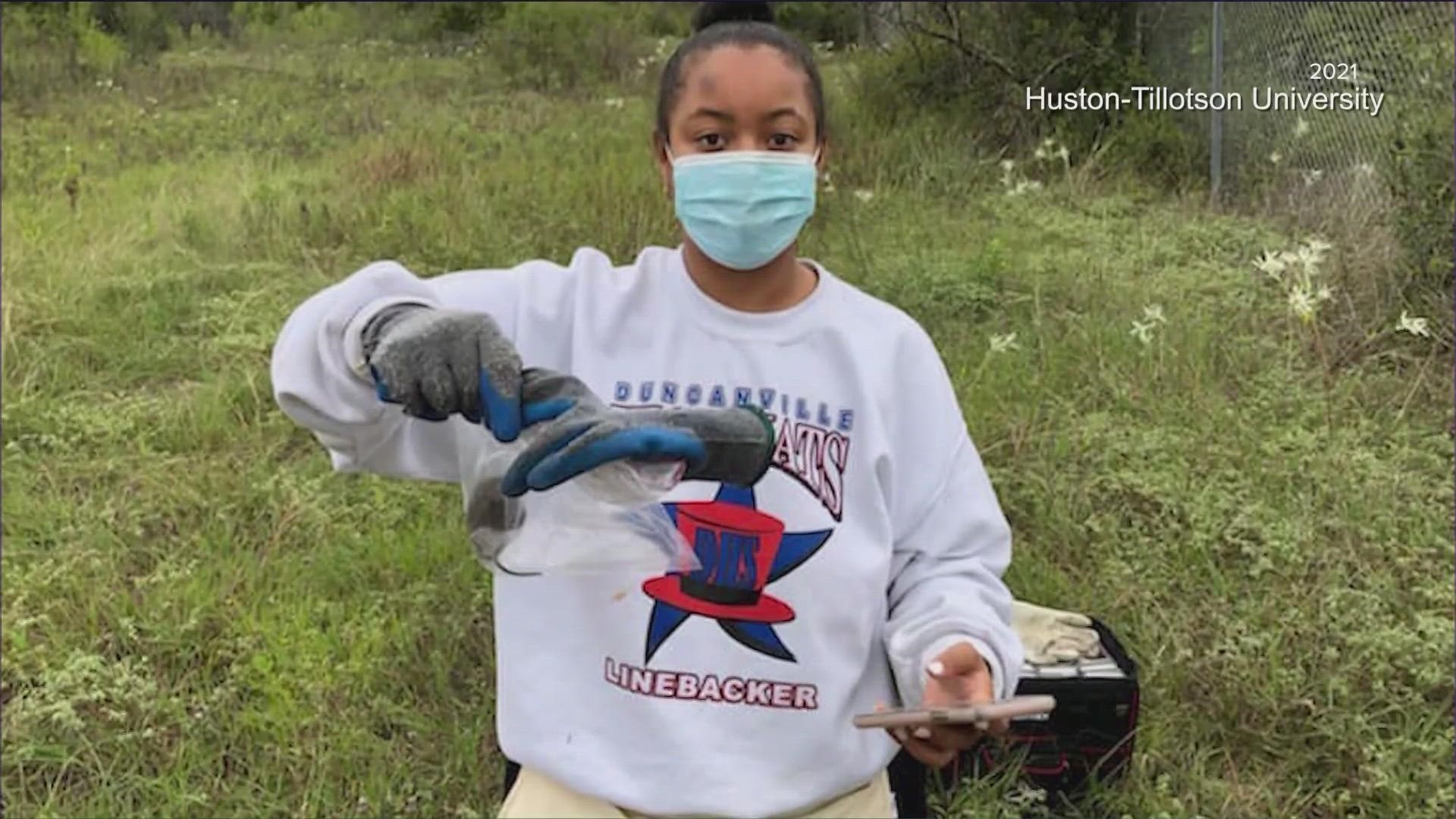AUSTIN, Texas — On Monday, Texas State Rep. Vikki Goodwin (D-Austin) filed House Bill 2229, the “Natalia Cox Act,” aimed at helping victims of domestic violence prevent further harm.
The bill is named after a 21-year-old Austin college student who was murdered in her apartment in March 2021 by a man police said threatened her with a gun just one week earlier.
Police arrested Henry Watson for her murder. Investigators claim Cox had been on two dates with Watson during the days leading up to her murder.
Following the tragedy, Goodwin told the KVUE Defenders that Cox’s situation highlights the need for stronger laws to protect victims.
While the Texas Property Code allows domestic violence victims to break a lease without penalties by showing documentation like an emergency protective order, Cox did not have an emergency protective order.
In the four business days that Cox had between Watson’s alleged threat then murder, it would have been “extremely difficult” to get the emergency protective order approved by a judge during a time when the court system was already backlogged due to the COVID-19 pandemic, according to a prosecutor familiar with the process.
“Unfortunately, the system just wasn't fully working for her,” Goodwin said in November 2021.
Goodwin said Cox’s situation highlights the need for a stronger law to protect victims and said Texas should permit extreme risk protective orders.
“If somebody comes to your door and threatens you with a gun, you can go before a judge and have the judge say that the gun needs to be removed from that person who's been a threat,” Goodwin said. “I do think that we can do better when there's a situation where someone's life is at imminent risk.”
Her bill would help create a written notice that can be given to victims of family violence to assist them in obtaining services, including organizations that can help with safety planning, shelter and protection. The notice would include information on victims’ legal rights, such as filing criminal charges, obtaining an emergency protective order and terminating a lease due to a threat.
Under Goodwin’s bill, any officer that responds to a family violence allegation would have to provide the victim with that information.
In Cox’s case, since the initial threat did not involve a physical assault, the case wasn’t coded by police as dating or family violence, which meant Cox was not provided a “pink pamphlet” – a compilation of useful resources, phone numbers about restraining orders, court advocates, women’s shelters, legal services and information given to victims of domestic abuse.
Watson was never arrested for the offense of terroristic threat from the incident and the case wasn’t referred to prosecutors. Officers on scene provided Cox with a police report number.
Goodwin’s bill would also apply to medical professionals who treat people for injuries believed to be caused by family violence. Medical professionals would be required to provide victims with information regarding the nearest family violence shelters and document that in the person’s medical file.
In May 2021, Cox’s alma mater, Huston-Tillotson University, paid tribute to the late alumna, presenting her family with an honorary degree.

